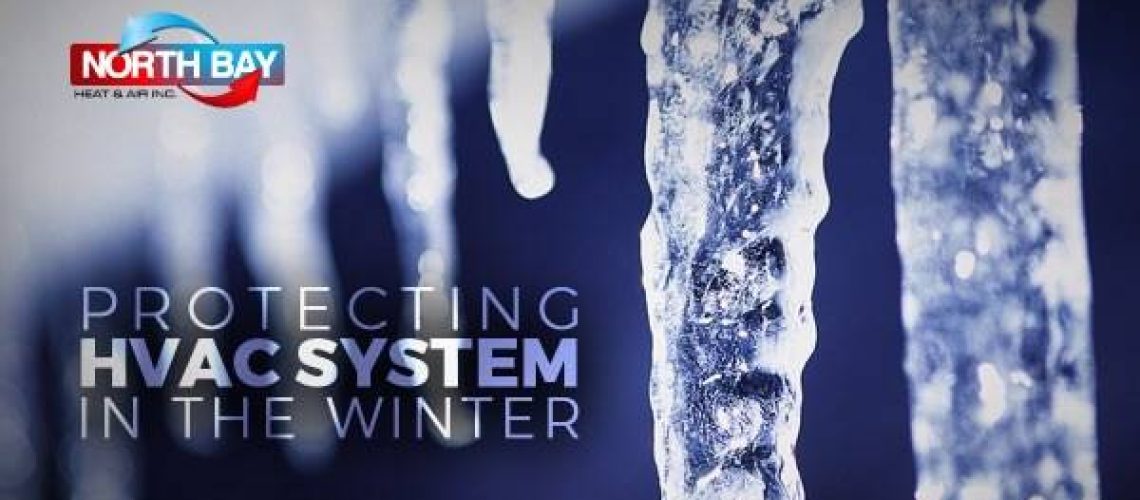The cold weather has approached which means homeowners and business ownersmay need to start preparing to protect their homes and offices against those cold and sometimes relentless winter months. How can you protect your wallet from costly utility bills this year and avoid needing pricey repair work performed on your heating and cooling system?Here are some tips to keep your HVAC systems running properly and will hold up throughout the winter and improve winter efficiency,
5 Tips for HVAC Winter Efficiency
1. Have a Full Inspection Done. You should consider having your home’s HVAC systems fully inspectedbefore the true winter months hit. An inspection done by a professional contractor will assure your HVAC systems are running properly.
2. Change Filters. About every three months you should have the filters changed in your HVAC systems. Not only does this improve the quality of air in your home, it can help boost the efficiency of your systems, especially if you choose the right filter.With a dirty filter, it makes it more difficult for treated air to pass through, which in turn forces your system to work much harder.
3. Seal Ducts. You will need to make sure your heating and cooling ducts are sealed in order to improve your HVAC winter efficiency. When air travels through your home, it passes through ducts. Heated air can escape through the open gaps where the ducts might connect to another.When this air escapes, the temperature in your home drops and your HVAC system has to put out more heated air. By having your ducts sealed, this could be prevented.
4. Check Economizers. During the summertime, economizers in your HVAC system are used to utilize outdoor air for cooling. Dampers that act and look like vents are one of the main components of your economizers, allowing for outdoor air to enter your home. However, when these little vents get stuck, it could hurt your HVAC system’s efficiency. Make sure that the dampers stay closed during the winter so that your home isn’t heating unnecessary, outdoor air, which is likely to be frigid.
5. Calibrate Thermostats. Your last line of defense in preparing for the winter is to prepare your thermostats. A professional HVAC technician can calibrate this system so that HVAC winter efficiency is maximized. It is suggested that you keep your thermostat at 68 degrees in the winter. It will keep your home warm enough so that it is comfortable for your family, but also protect your home’s pipes from freezing.




